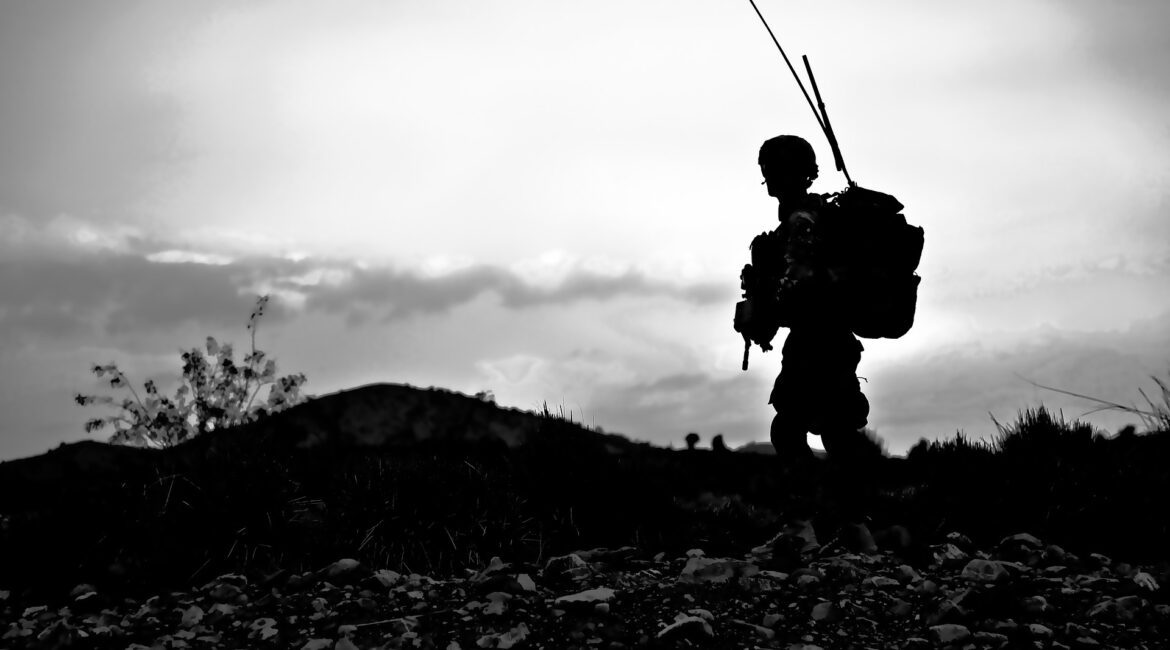The manner in which the last Taliban's assault has been conducted suggests that it was prepared by individuals with a rich military background. In mid '90, Taliban have been backed to win by counsellors send by Pakistani secret services and, in the present situation, probably Islamabad played a similar role, since Pakistan sees Afghanistan as a vital space for its territorial security. Indeed, Afghanistan offers Pakistan a so-called "strategic depth", a zone where it could withdraw in case of a ravaging war with India. Furthermore, tens of millions of Pakistanis are Pashto, an ethnic group which is the most numerous in Afghanistan and from where Taliban come from, and the Pakistani Secret Service (ISI) keeps contacts with Islamic groups from Afghanistan and the Indian Kashmir.
From winning the war to effective government is a pretty long way. Maps may be ambiguous and even if they suggest a total victory of Taliban, it is difficult to say how much from Afghan territory is indeed under their control and how much they own because some local chiefs have recognised the authority of Islamic movement, for keeping further their fiefs.
And if we talk about government itself, it is factual that Taliban is an insurgent movement who recruited majority of its fighters from rural regions, with a relatively simple vision about the world, in the patterns of Pashto tribal codes and with a fundamentalist interpretation of Islam, where the society should be governed exactly like in Muhammad and his first caliphs era. A government under the VII century's rules could be possible on short term, but something more is needed to cope with contemporary epoch challenges, which demand an administrative apparatus which cannot be furnished by few fundamentalists with low perception of the modern world; infrastructure should be maintained and extended, services should be provided, imports should carry on and, not the last, incomes should be provided, as at the whole country level the money furnished by drugs traffic or local taxes are not sufficient.
Actually, it is to see the reactions during the incoming months: internally, it is unclear what happens with other extremist groups, and especially Islamic State, as it is present in Afghanistan since many years, recruiting thousands of fighters and conflicting even with Taliban for its excesses and for "stealing" their members. May Islamic State go on with the conflict, may it grow itself or it may vanish, as Taliban have shown that they are the sole Islamic force who counts indeed? And how homogenous is Taliban movement from today, in comparison with the same movement in the "90? It is also unknown the Taliban capacity to overcome the ethnic component of the movement, because otherwise the Tajiks, Uzbeks, Hazaras and others could be tempted to seize the arms.
Externally, it is to be assumed that none of Afghanistan neighbours should assist passively and observe the edification of new training camps for Islamists or the reconstruction of late Al-Qaeda infrastructure. Despite their precipitate withdrawal, US keep sufficient instruments for intervening in key-points. Taliban acknowledge that and shouldn't allow the grounding of a new 9/11 on their soil.
Beyond this, nothing is sure: Taliban promised during Qatar negotiations that, this time, their government will be more moderate and tolerant, but on the ground their behaviour seems to be excessive. Afghanistan is in risk to be again thrown into a dark period, where there are forbidden music, playing with kites or dance, and the women stoning takes place to football matches on stadiums fields; a graveyard conducted by fanatics in black turbans and haunted by ghosts of times where history seemed to take another path.
What’s next for Afghanistan and the region?

